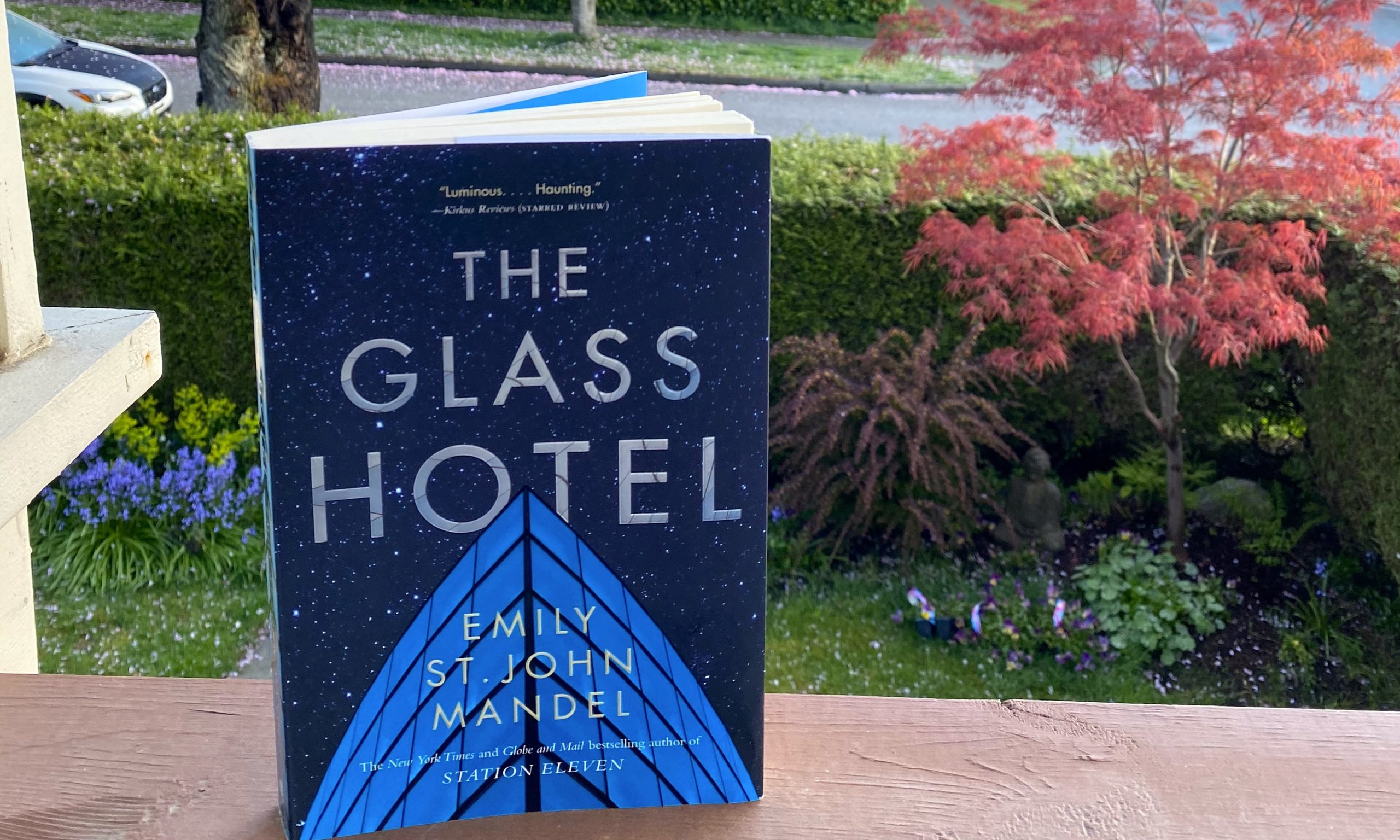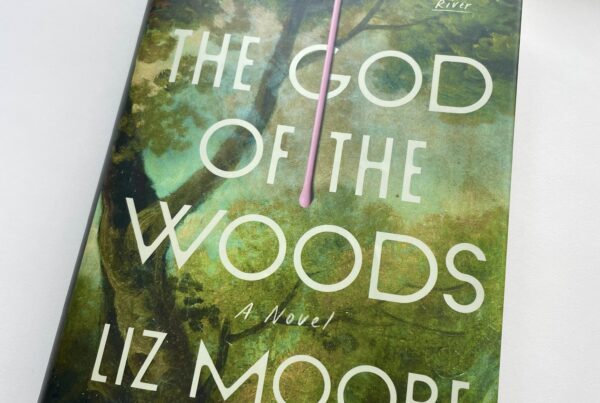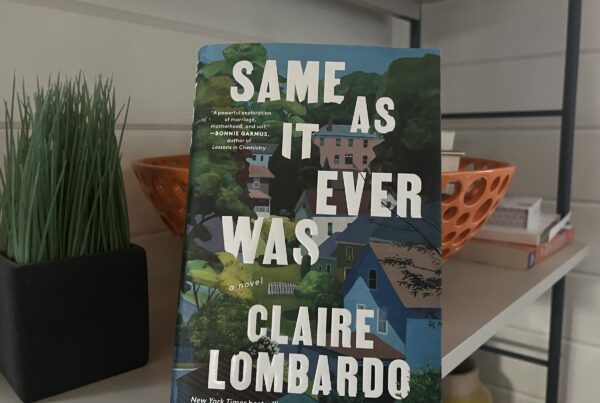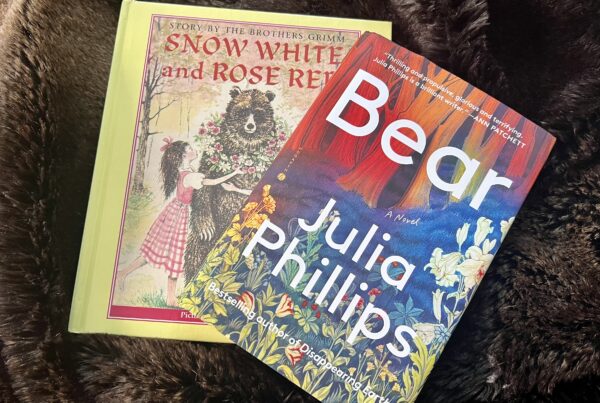During this time of quarantine and isolation, a good story is especially needed. If you have read Emily St. John Mandel’s previous award-winning novel, Station Eleven, about the eradication of most of the world’s population due to swine flu, then you know you are in the hands of a talented world-creator. Mandel has fashioned another suspenseful and dark world In The Glass Hotel, in which every character is compromised at some point: nobody is pure.
Protagonist Vincent reinvents herself multiple times, from a bored teenager (missing her mother who disappears) growing up in remote British Columbia, to a young bartender in a 4-star hotel in those same remote woods, to the paramour of a Ponzi schemer in New York city, to a cook on a shipping vessel. I suspect we have all had that sense of possibility – that we could have been or still could be something other than what we are – but this is the story of someone who throws themselves into those different lives and, like a chameleon, seems to fit in wherever she goes.
Vincent slips on and off her identities, leaving us wondering what is at the heart or is true about each of us. Her brother, Paul, explains Vincent’s special ability: “he would always play it as the real thing, as if he wasn’t hallucinating and the woman he saw was really Vincent and Vincent was really a ghost and the ghost was really there on the street with him whatever that means – what does it mean to be a ghost, let alone to be there, or here?”
While we are searching for the real Vincent, we are surrounded by characters with hopes of making easy money or of escaping reality through alcohol or drug use after the 2008 recession. We begin to ask ourselves, Would I look away if my investments were making too much money? If it was too good to be true? Have I ever wanted to get revenge? What would I sacrifice in a relationship to gain material wealth? The Glass Hotel is, more than anything, a series of masterful character sketches, and we, as the reader, are forced to ask which moral compromise we might make, given the opportunity to slip on a new identity.




